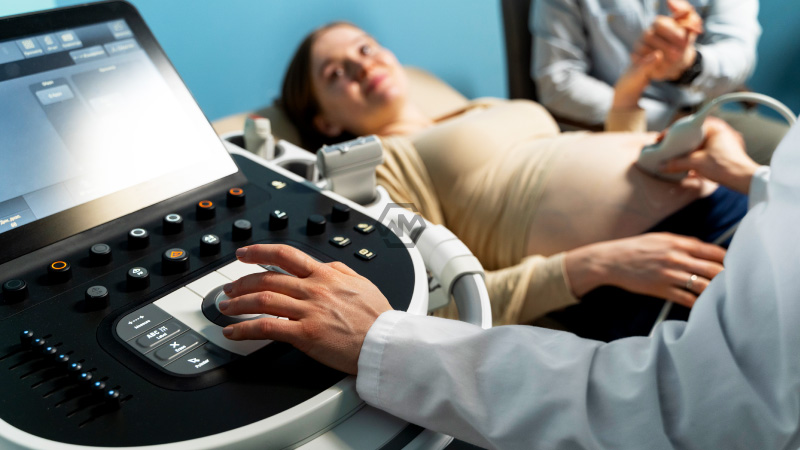Understanding why some women experience pre-eclampsia and other placental issues is the goal of a study involving 3,500 first-time moms from Cambridge, London, and Glasgow.
The research, which is being headed by Addenbrooke’s Hospital, aims to shed light on how and why these issues can harm women’s long-term health.
Pre-eclampsia study
Pregnant women who develop pre-eclampsia after the 20th week of pregnancy are at risk for catastrophic problems if the disease is not watched over or treated.
From the 12th week of pregnancy, women who are at risk of developing pre-eclampsia should take up to 150mg of aspirin daily. Pregnancy delivery, which should take place around week 38 but may happen sooner in severe situations, is the only way to treat pre-eclampsia.
- Study aims to understand pre-eclampsia issues in first-time moms.
- Pre-eclampsia after 20 weeks poses catastrophic risks for pregnant women.
- Study investigates pregnancy-related risks to women’s cardiovascular health.
Diabetes and heart disease later in life are two times more likely to occur as a result of fetal problems. It is uncertain whether these difficulties develop in women who already have recognized health conditions before becoming pregnant or if they develop as a result of such conditions.
The “world first” study aims to shed more light on the reasons why typical pregnancy problems are harmful to women’s long-term cardiovascular health.
Cambridge University Hospitals NHS Foundation Trust and the University of Cambridge are responsible for the research.



